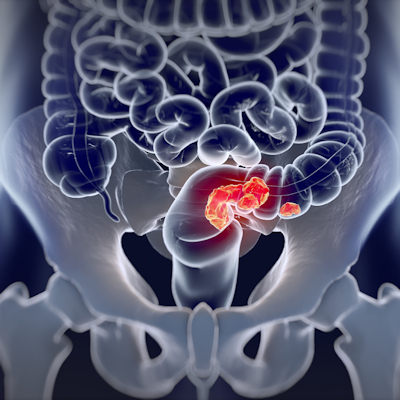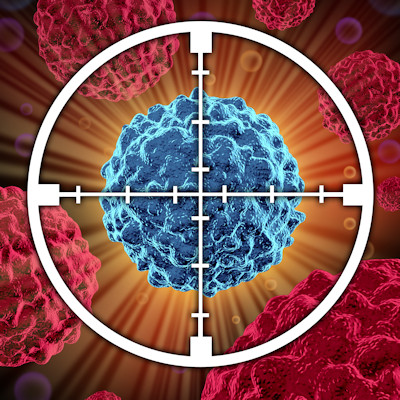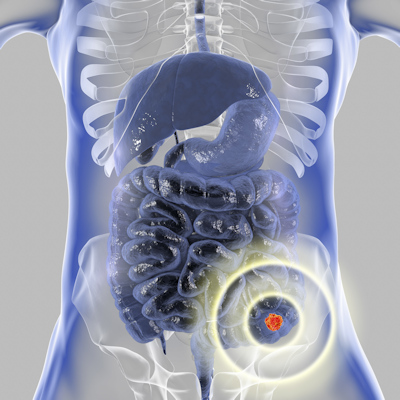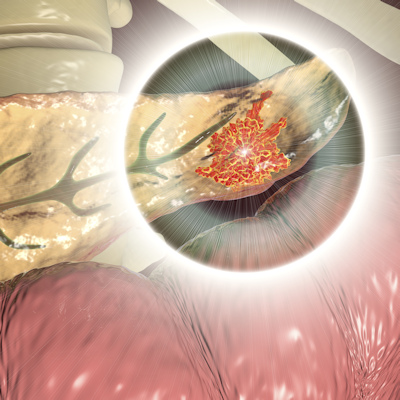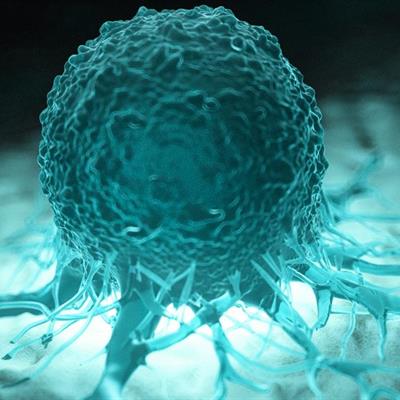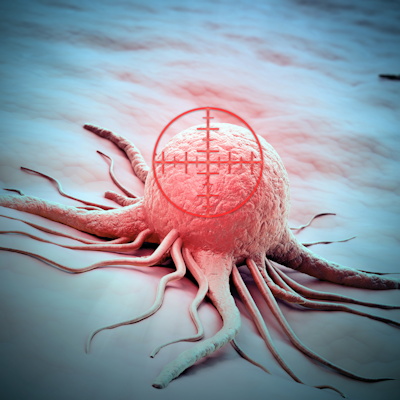June 16, 2023 -- Researchers from Germany found that colorectal or bowel cancer grows faster and becomes more resistant to common forms of chemotherapy when elevated levels of a specific protein are present.
Their study, funded by the Wilhelm Sander Foundation and published recently in Molecular Cancer, could further the development of better diagnostic procedures and new forms of therapy in the future, according to the research team.
Colorectal cancer is the third most common malignancy and the second most common cause of cancer related deaths worldwide. The five-year survival rate varies greatly, from 90% in early stages to 14% in advanced stages. If caught early, tumors can be successfully removed by surgery, often curing the cancer. However, once the disease has progressed, surgery may no longer be an option.
Adjuvant chemotherapy in advanced stages can reduce the risk of recurrence. However, only a subset of advanced colorectal cancers responds to the most commonly used chemotherapeutics: 5-fluorouracil, oxaliplatin, and irinotecan. This is primarily due to chemoresistance—a major cause of treatment failure and subsequent recurrence in colorectal cancer therapy. Scientists do not yet know how and why some tumors develop this resistance, and there are currently no reliable tests to predict chemoresistance early on.
The researchers sought to find distinctive traits in tissue samples from colorectal cancer patients which did not occur in samples from healthy individuals, and which could help explain the differences in tumor characteristics. They analyzed more than 140 colorectal cancer tissue samples, and assessed resistance to chemotherapeutics in patient-derived xenografts and patient-derived organoids. Functional studies were performed in 2D and 3D cell culture models, including proliferation, spheroid growth, and mitochondrial respiration analyses. After conducting extensive experiments both on cell cultures and in mice, the team demonstrated that there was a link between the concentration of the protein IGF2BP2 and tumor characteristics.
IGF2BP2 is a growth protein that is predominantly active during embryonic development. However, it is also found in the intestinal tissue of adults. The protein was previously known to influence cell growth and metabolism. In colorectal cancer, high levels of IGF2BP2 lead to faster tumor growth and promote resistance to common chemotherapeutics by altering the metabolism of the mitochondrial respiratory chain.
The researchers believe these findings are medically relevant and could be applied in two ways. First, biomarker tests could be developed to determine tumor characteristics at an early stage and align treatment accordingly. Second, active substances could potentially be developed to inhibit IGF2BP2 activity in tumors, and reverse resistance to chemotherapy drugs.
"Further research needs to be conducted to confirm whether this is indeed possible," study leader Sonja Kessler, professor at Martin-Luther-Universität Halle-Wittenberg's Institute of Pharmacy, acknowledged in a statement. "We still don't know enough about how IGF2BP2 precisely intervenes in the metabolism of cancer cells."
Nevertheless, the researchers concluded in their paper, "As a druggable target, IGF2BP2 could be used in future colorectal cancer therapy to overcome chemoresistance."
Copyright © 2023 scienceboard.net




